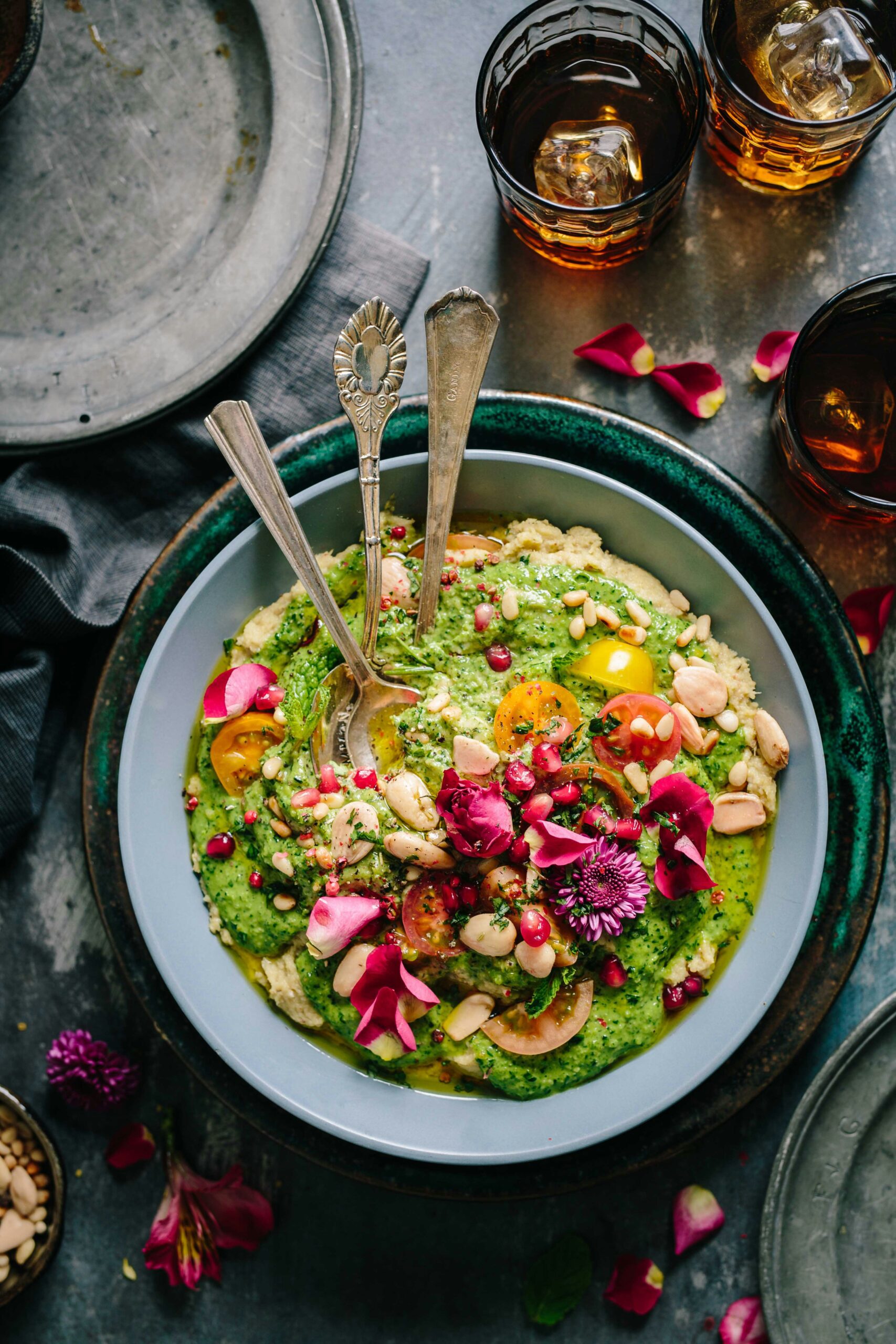

Introduction to Gut Health
Your gut may be small, but it plays a massive role in your overall health. Often overlooked, our digestive system is home to trillions of bacteria that affect everything from mood to immunity. Feeling sluggish? Struggling with skin issues? It might just be your gut crying for help. In recent years, research has unveiled the intricate connection between gut health and wellness, highlighting how what we eat can influence our entire body. It’s time to dive into the fascinating world of digestion and discover how nurturing your gut can lead to vibrant health and vitality. Ready to transform not just your meals but your life? Let’s explore how you can support this vital aspect of wellness through smart dietary choices!
The Connection Between Gut Health and Overall Wellness
Gut health plays a pivotal role in our overall wellness. It’s more than just digestion; it influences many bodily functions.
A balanced gut microbiome can enhance immunity, mood, and even cognitive function. When you maintain a healthy gut, your body absorbs nutrients better and fights off illnesses more effectively.
Research shows that an imbalance in gut bacteria may lead to various issues like anxiety, depression, and chronic inflammation. This connection highlights the importance of nurturing our digestive system for mental clarity and emotional stability.
Furthermore, the gut produces neurotransmitters like serotonin—often dubbed the “feel-good” hormone. Thus, what happens in your intestines can significantly affect how you feel mentally.
Maintaining good gut health is essential not just for physical vitality but also for emotional resilience. With this understanding, prioritizing what we eat becomes vital for holistic wellbeing.
Foods that Promote a Healthy Gut
Incorporating gut-friendly foods into your diet can make a significant difference in your overall health. Start with fiber-rich fruits and vegetables. These provide the necessary nutrients to keep your digestive system running smoothly.
Whole grains like oats, quinoa, and brown rice are also excellent choices. They help promote healthy bacteria growth within the gut.
Fermented foods deserve special mention too. Think yogurt, kimchi, sauerkraut, and kefir. These options are packed with live cultures that support digestion.
Don’t overlook legumes such as beans and lentils; they’re high in fiber while also being protein-rich.
Nuts and seeds offer healthy fats along with prebiotic benefits that nourish good bacteria already residing in your gut.
Stay hydrated by drinking plenty of water throughout the day to assist digestion and nutrient absorption effectively.
The Role of Probiotics and Prebiotics in Gut Health
Probiotics and prebiotics play vital roles in maintaining gut health. Probiotics are live microorganisms, often referred to as “good” bacteria. They help balance the gut microbiome by increasing beneficial bacteria.
These tiny warriors can improve digestion and enhance immune function. You’ll find them in foods like yogurt, kefir, sauerkraut, and kimchi. Incorporating these into your diet introduces friendly microbes that support overall wellness.
On the other hand, prebiotics act as food for these beneficial bacteria. They are indigestible fibers found in foods such as garlic, onions, bananas, and asparagus. By feeding probiotics with prebiotics, you create a thriving environment for good bacteria to flourish.
Balancing both is crucial for optimal gut function. Together they work synergistically to improve digestion and boost nutrient absorption while reducing inflammation in the body.
Gut-Healing Recipes to Incorporate into Your Diet
Nourishing your gut can be delicious. Start with a warm bowl of bone broth topped with fresh herbs. This rich elixir is packed with collagen and nutrients that support gut lining repair.
Next, consider a colorful quinoa salad. Toss in roasted vegetables, chickpeas, and a drizzle of olive oil for healthy fats. Each bite provides fiber to help keep your digestive system running smoothly.
Smoothies are another fantastic option. Blend spinach, banana, and kefir for an easy breakfast that’s both probiotic-rich and refreshing.
Don’t forget about fermented foods! Try making homemade sauerkraut or kimchi as side dishes to boost your meal’s flavor while adding beneficial bacteria.
Indulge in chia seed pudding made with almond milk and topped with berries. It offers omega-3 fatty acids along with antioxidants—perfect for supporting overall wellness too.
Lifestyle Habits for Maintaining Good Gut Health
Maintaining good gut health goes beyond diet. Lifestyle habits play a significant role too.
Regular physical activity can boost digestion and encourage the growth of beneficial gut bacteria. Whether it’s walking, jogging, or yoga, find something you enjoy and make it a part of your routine.
Sleep is another crucial factor. Aim for 7-9 hours each night to allow your body to repair itself. A well-rested body supports optimal gut function.
Stress management cannot be overlooked either. Chronic stress can disrupt the balance of gut bacteria. Consider practices like meditation, deep breathing exercises, or simply spending time in nature.
Stay hydrated! Drinking enough water aids digestion and helps maintain a healthy microbiome. Small adjustments in your daily life can lead to significant improvements in gut health over time.
Conclusion: Prioritizing Gut Health for Optimal Wellbeing
Taking care of your gut health can have far-reaching effects on your overall wellness. A balanced gut contributes to better digestion, enhanced immunity, and even improved mood. By prioritizing the right foods—like fiber-rich fruits, vegetables, and fermented products—you can nurture this vital part of your body.
Integrating probiotics and prebiotics into your diet helps maintain a thriving microbiome. These components support beneficial bacteria that play crucial roles in various bodily functions. Simple recipes featuring these ingredients make it easy to boost gut health without sacrificing flavor.
Lifestyle choices also impact how well your gut performs. Regular exercise, adequate sleep, and stress management are essential for maintaining a healthy digestive system. Each small change adds up.
Focusing on gut health is not just about preventing discomfort; it’s an investment in long-term wellbeing. Embracing mindful eating habits and making informed food choices will set you on the path toward optimal health. Prioritizing what fuels both your body and mind ensures you’re not only surviving but truly thriving each day.
